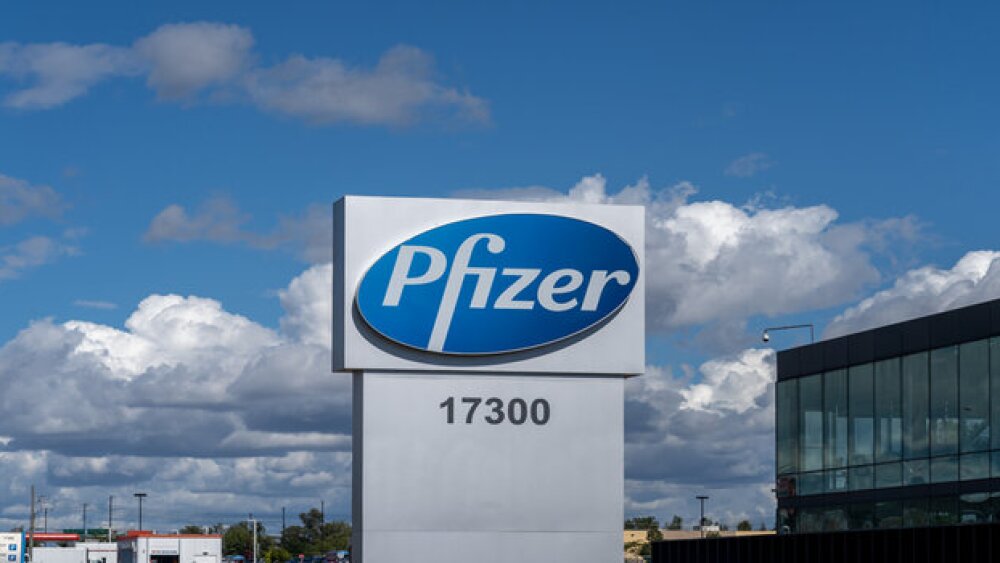The company is pushing inhaled versions of common oral drugs with the hope of avoiding severe side effects.
Avalyn Pharma has drawn in another fundraising round, this time a $100 million oversubscribed series D to continue developing the company’s inhaled drugs for pulmonary fibrosis.
“Pulmonary fibrosis is one of 200 forms of interstitial lung diseases,” CEO Lyn Baranowski told BioSpace. “And only a handful have anything approved for treatment.”
Avalyn’s pipeline is focused on turning two already-available oral drugs for pulmonary fibrosis, pirfenidone and nintedanib, into inhaled versions. The funds from the series D will go toward pushing AP01, a version of pirfenidone, through a Phase IIb trial called MIST, as well as getting AP02, a version of nintedanib, into Phase II trials. The company showed off Phase I trial data for AP02 in May at the American Thoracic Society 2025 conference, touting favorable tolerability and safety.
Drug safety and tolerability are key to Avalyn’s approach as the marketed oral versions of the drugs, given at much higher doses, are associated with significant side effects such as diarrhea, indigestion and vomiting.
“[Pulmonary fibrosis] is a large rare disease. Between the two types of pulmonary fibrosis, it’s 300,000 patients in the U.S.,” Baranowski added. “But only 30% of patients are taking either of the oral meds at any one time, despite it being deadly. What’s wrong with the drugs? It’s that they make you feel terrible.”
Avalyn is lowering the doses significantly and betting that by inhaling the drugs rather than absorbing them in the gut, patients will get a higher effective dose without adverse effects from the drugs going throughout the body.
“Other lung diseases where we have more options—think about asthma-COPD—we’re routinely using inhaled solutions,” said Baranowski. “The reason they’re so successful is because you can target the right organ.”
Pulmonary fibrosis involves progressive tissue scarring, which causes shortness of breath and rapidly declining lung function. Idiopathic pulmonary fibrosis has a median survival rate of 3-5 years, “shorter than some cancers,” Baranowski said.
Pirfenidone is available as a generic, while Boehringer Ingelheim markets nintedanib in the U.S. as Ofev.
Avalyn is in talks with the pulmonary division of the FDA’s Center for Drug Evaluation and Research (CDER) for APO1. Once Phase II trials are through, the company expects CDER to request one Phase III trial before considering an application.
The latest raise brings the company to well over $300 million in total financing since its 2015 launch. Previous rounds include a $62 million series A in 2017, a $35 million series B in 2020 and a $175 million series C in 2023.
The newly closed series D was led by Suvretta Capital Management and SR One, with other notable contributors like Novo Holdings as well as Surveyor Capital, a part of Citadel LLC. David Friedman, Suvretta’s managing director, joined Avalyn’s board as part of the raise.






